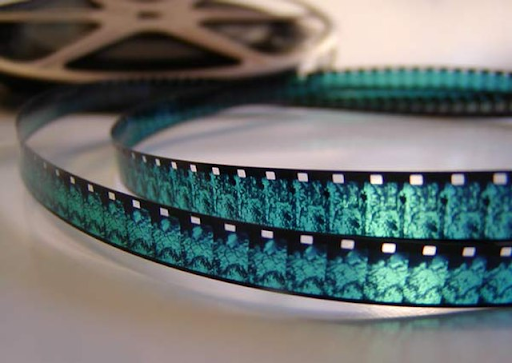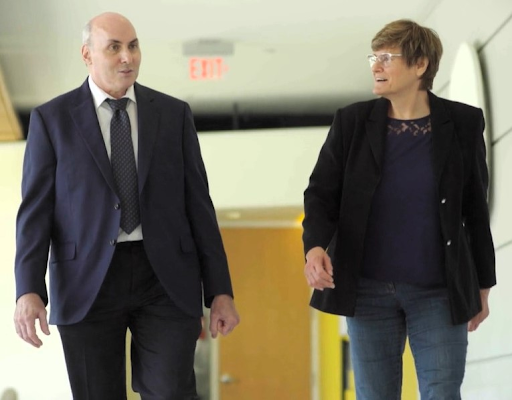I don’t prefer to sit still in a chair. But today at the APSA Forum, I sat rapt for more than an hour and a half. I witnessed something I have only rarely seen at Guilford College: hundreds of students, faculty and staff engaged as a community.
There we all were, articulating appreciation and concern, expressing a desire to be included in the difficult work of leading the college through unavoidable change as we navigate the fiscal challenges we will face if we want this institution to survive. I had plenty to say, but I did something we all could stand to do much more of — I listened. And I did what we should all do at a college. I learned.
Since I arrived at Guilford in 2001, I’ve witnessed a series of crises and responses that encourage a culture of scarcity and self-protection instead of transparency and creativity. Today, I heard the seeds of something different and altogether more forward-thinking, from everyone from our youngest students with the shortest view to wise experts willing to speak out.
Greater fiscal transparency; more student, faculty, and alumni involvement in administrative decisions to allocate resources; and more and better data were just a few of the requests to the committee, and, in turn, to all of us.
There were also repeated expressions of sincere gratitude for the committee members’ hard work, and I now add mine to the mix. I suspect that the most important accomplishment of the APSA Committee, and our strongest motivation for gratitude, could be the instigation of passion and stewardship that was palpable in today’s forum.
From my limited vantage point, the committee’s task seems an impossible one. Impossible tasks have become a foundation of our culture at Guilford. Perhaps today was a glimpse into a strange land with a foreign culture, the land of the possible.
We have so much here that is good and so many strengths upon which we can focus and build. But now, after the forum, I am left with questions I don’t think the committee is in any position to answer.
Why were academic prioritization and administrative assessment two different undertakings and not part of a single, if difficult, conversation about who we are at our core? And why are these cuts coming before and not in tandem with doing the crucial work of developing a vision and mission shared by every single one of us?
We have one role here, with which all tasks, all allocations, all cuts, and all jobs should prove integral, to provide our students with a transformative liberal arts education. Would we not be well served to take some time to understand and communicate what we are best at, what we can do like no other college, and who we as an educational institution could be in our most inspired and inspiring manifestation?
Should we not begin asking these questions as a means of understanding what kind of data we need to seek and how we can gather that data with integrity? How can we engage in this process of getting leaner and more effective in ways that facilitate, rather than compete with, teaching, learning, and exchanging ideas on all institutional levels? What kind of students can we best serve? How do we go about preparing students for a future none of us can envision? These questions are just mine. We have lots of smarter people around here who can add their smarter, more provocative questions to the mix.
We need provocation.
And we need to listen.
A few days ago during Family Weekend and Homecoming, I met alums and parents of students, but I also met alums who are parents of students. It feels like today, we’ve just started the difficult, visionary, communal work that might make a Quaker-inspired liberal arts education in the South a possibility for the children of our current traditional students.
I hope we’ve only begun and that the forum was just the first of many conversations too well-attended to fit in Bryan Jr.
We have it on the schedule every week, but what we had this week was, at last, community time. Ninety minutes wasn’t nearly enough for us to spend articulating, understanding, listening and appreciating. It will be painful and overwhelming at times and we will suffer significant, deeply felt losses. But nobody ever said transformative education is easy — not for our students, and not for us.
Maia Dery
Art Department and
Cape Fear River Basin Studies Program/PPS
[Maia wrote this on the day of the forum, therefore referencing “today” ]






